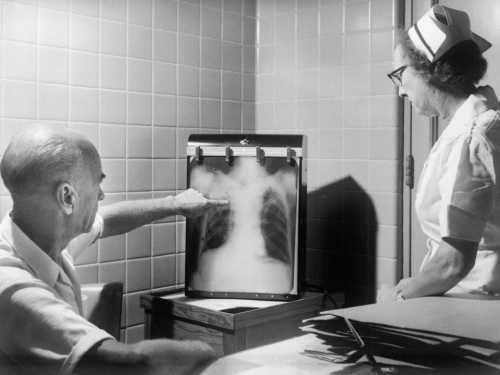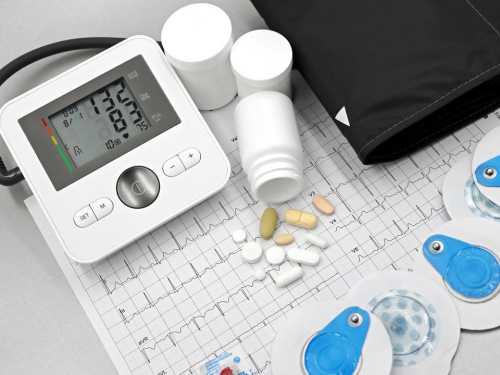
Stock photo of a Pomeranian dog.
Coronavirus news and science
—Live updates on the coronavirus
—What are the symptoms?
—How deadly is the new coronavirus?
—How does it compare with seasonal flu?
—How does the coronavirus spread?
—Can people spread the coronavirus after they recover?
A pet dog belonging to a woman with COVID-19 has contracted a “low-level infection” from its owner, according to news reports.
The Pomeranian first tested “weak positive” for the virus last week, according to a statement released by the Hong Kong Agriculture, Fisheries and Conservation Department on Feb. 28. At the time, however, scientists couldn’t determine whether the animal was truly infected or if it had only picked up traces of the virus from a contaminated surface.
The dog was taken under quarantine and inspected by experts from the University of Hong Kong, City University and the World Organisation for Animal Health, who “unanimously agreed that these results suggest that the dog has a low level of infection and it is likely to be a case of human-to-animal transmission,” according to the South China Morning Post.
So, should the public worry about picking up SARS-CoV-2 from their beloved pets? Experts say no.
The dog of a Covid-19 patient in Hong Kong has tested “weak-positive” for the #coronavirus, but officials say there is no evidence pets can spread the infection https://t.co/DK8ShrWbyR pic.twitter.com/WMQRkoMXduMarch 5, 2020
Dogs and cats also contracted low-level infections of severe acute respiratory syndrome (SARS) during the 2003 outbreak, animal health expert Vanessa Barrs from City University told the South China Morning Post.
“Previous experience with SARS suggests that cats and dogs will not become sick or transmit the virus to humans. At that time, a small number of pets tested positive but none became sick,” she said. As of yet, the infected Pomeranian has not fallen ill or shown any symptoms of disease, the article noted. “Importantly, there was no evidence of viral transmission from pet dogs or cats to humans,” Barrs added.
One respiratory medicine expert, David Hui Shu-cheong of Chinese University, told the Post that scientists cannot confirm that the dog is infected until they evaluate the antibodies present in the animal’s blood. “If the blood test result is negative,” meaning antibodies generated to fight off the virus are not present, “it means the dog is not infected,” he said.
Assuming the dog’s initial diagnosis stands up to scrutiny, pet dogs the world over could potentially become infected with SARS-CoV-2. But they likely wouldn’t get sick. And to reiterate, based on what we know about other coronaviruses, it’s unlikely that humans can catch the virus by snuggling with their pets.
Just in case, the Centers for Disease Control and Prevention (CDC) recommends that people with COVID-19 have someone else walk and care for their companion animals while they are sick. And people should always wash their hands after snuggling with animals anyway, as companion pets can spread other diseases to people, according to the CDC.
Keeping these precautions in mind, a Hong Kong animal welfare organizations emphasized that pet owners are highly unlikely to catch COVID-19 from their animals.
“We wish to remind the public that there is no evidence that companion animals can transmit the disease to humans,” Society for the Prevention of Cruelty to Animals (SPCA), the largest independent animal welfare charity group in Hong Kong, said in a statement, according to the Post. “Currently, there is no justification in taking measures against companion animals which may compromise their welfare,” the World Organisation for Animal Health added in a statement.
Sourse: www.livescience.com





